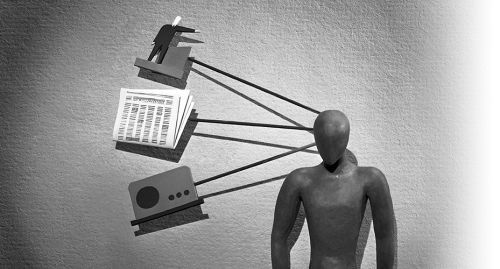The report, published by the Media Foundation for West Africa (MFWA) in December 2023, examines the state of democracy in five West African countries - Mali, Burkina Faso, Guinea, Guinea Bissau, and Niger - analyzing how the democratic erosion affects their press freedom. The report explains the main drivers of democratic recession in the sub-region and highlights “military coup d’états, terrorism and violent extremism, and economic misgovernance.” The three bring crises into the countries’ politics and security, resulting in a shrinking space for media outlets to operate. Among the challenges that the press faces are new repressive legislative projects, the existing laws misused to persecute the media, and extreme economic precariousness. On top of those, journalists are forced to work in unsafe conditions, facing verbal abuse, physical attacks, arrests, and incarceration. MFWA calls for the restoration of democratic governance and offers recommendations for the ECOWAS Commission, governments, regulatory authorities, media organizations, and their owners.

